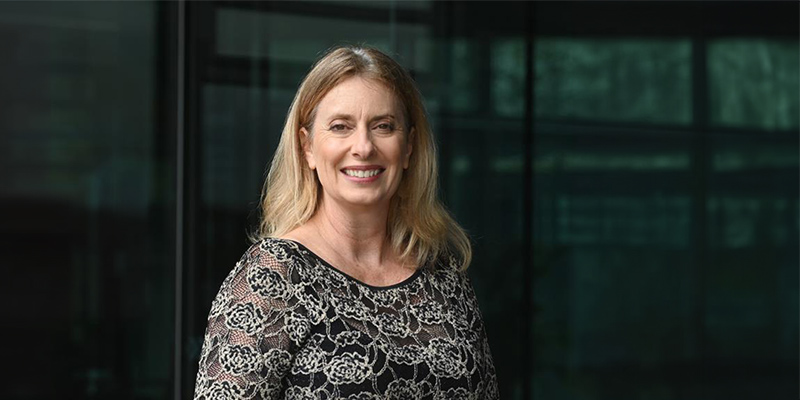From the Acting Vice Chancellor
 INSIDE UNISA
INSIDE UNISAWith UniSA’s Vice Chancellor, Professor David Lloyd, off on leave for a month, it is a great pleasure for me to step into his usual role (sans sci-fi references) in an acting capacity. It is probably a bit unnecessary to say I do so at an interesting time – I suspect any given day over the next couple of years will be very interesting.
Nonetheless, from my own perspective, we are at a particularly exciting moment. Recently, we marked some major milestones in the curriculum development for the new Adelaide University, a process I am delighted to be leading in partnership with Professor Katrina Falkner from the University of Adelaide.
The program and course development work is being undertaken in three parts (which I am sure David would say is just like Lord of the Rings or Dune, but you won’t hear that from me). Part One was Program Concept Design, which has been completed, and we have now received Transitional Academic Board approval for the first set of Adelaide University programs for CRICOS registration in preparation for international student recruitment. Part Two – Detailed Program Design – is currently underway, focusing on high-level course design; and we are also preparing for Part Three – Course Development – which will involve an anticipated 1500-plus staff across UniSA and UoA.
Staff can read more about the details of that curriculum development process on the Adelaide University intranet. And over the next month or so, we’ll be releasing a lot more detail about the curriculum program publicly.
In the meantime, I would like to take a moment to consider “why” we are developing a new curriculum for Adelaide University. After all, both UniSA and UoA currently have excellent curriculums, so why are we creating a new one?
The simplest answer is to say our new curriculum is being developed in response to new opportunities, and to ensure every program aligns with global best practice.
Partly, those new opportunities are due to the incredible transformation happening in South Australia right now. An expanding local ecosystem of innovation and future-focused industry is providing new career opportunities, and Adelaide University is being shaped to complement and support that.
Alongside those new opportunities for South Australia, there is also something of a revolution underway in the way we can deliver learning.
I am someone who believes in the transformational benefits of education. Teachers care – deeply – that every student has the same opportunity to learn. The same access. The same support. The same encouragement and engagement. For many teachers, that’s why they teach – because we know that education is the best available method for reducing inequality and disadvantage, and we want everyone to have equal access to the transformational power of learning.
But, as teachers, we have always known that every learner is different – in circumstance, intention and needs. And we’ve all wanted to find better ways to provide for those different needs. That is the opportunity our new curriculum is being shaped around – the opportunity to support a greater diversity of learners to access education at every stage of life.
Partly, technology is providing us with new ways to embrace that opportunity. The fantastic success we have had with UniSA Online has shown the value of harnessing the power of digital technology.
Alongside that, we are very deliberately structuring our teaching to be flexible and accessible, underpinned by digital teaching tools, while simultaneously providing opportunities for high-potential students to be extended and access enhanced learning opportunities.
And all this is being built on the deep academic expertise of not one, but two world-class universities, which is an incredible resource to be able to draw upon. To everyone who has been involved, or who will be involved, in the creation of our new curriculum, I say a very big thank you. It is your knowledge and passion that drives this project.
It’s an extraordinarily rare opportunity we have right now – we are literally designing the learning experience of the future. And there’s nothing “science fiction” about that.
Professor Joanne Cys
Acting Vice Chancellor
Other Stories
- Nutbush fever: How the Tina Turner hit became Australia's dance sensation
- Technology digs into need to send humans into mines
- End of the line for P&O: why is Australia such a tough market for the cruise ship industry?
- New Adelaide University to operate $60m defence academy
- From the Acting Vice Chancellor
- Achievements and Announcements
- Increased risk of homelessness for youth leaving out-of-home care
- UniSA helping the next generation of leaders from Papua New Guinea
- In Pictures: MOD. party and National Reconciliation Week
- The latest books from UniSA researchers




